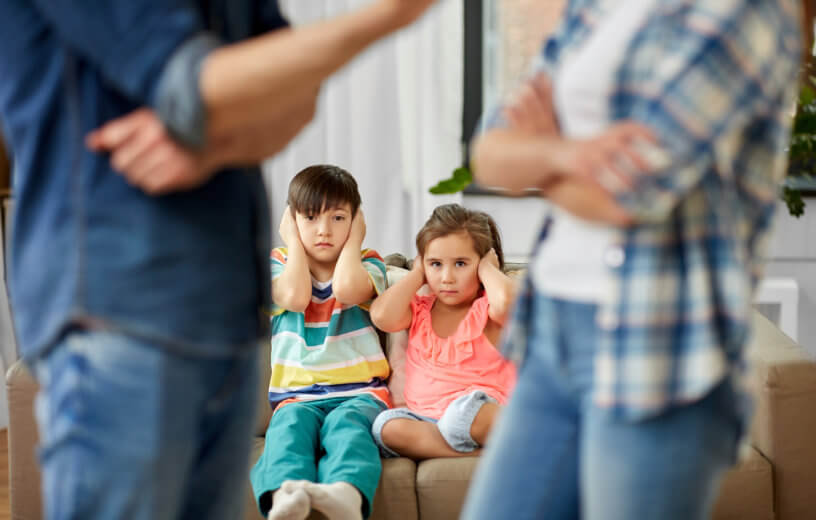
BOCHUM, Germany — Watching how adults calm themselves down can help young children learn to avoid tantrums, a new study reveals. Researchers say although parents play a leading role, kids also learn from watching how strangers manage their frustrations.
With the ability to regulate our emotions being a key skill in life, scientists at the Ruhr-University Bochum decided to look at how children learn this. Doctoral candidate Johanna Schoppmann notes few studies have examined how toddlers learn to apply specific emotion regulation strategies and how these skills vary between youngsters.
“Toddlers increased their use of distraction as a mechanism to calm themselves in stressful situations after they had watched others calm themselves in the same way,” Schoppmann says in a media release.
“The findings also demonstrated that toddlers can learn how to regulate their emotions by observing strangers, not just parents or other family members.”
Between March 2018 and January 2020, researchers looked at 94 two-year-olds for this research. Half were girls and half were boys, with about two-thirds of their parents having university degrees. The toddlers were either part of a control group or joined one of two other situations.
After playing with their parents, the children entered two “waiting situations” for a treat. However, the wait is designed to elicit negative feelings, specifically frustration. They had to watch while the experimenter played with toys to distract themselves while waiting for their reward. In the another group, children saw the experimenter calmly wait without a distraction.
The control group didn’t see anyone distract themselves, but just had to wait.
Children notice and mimic calm behavior
The parents measured each toddler’s activity levels, through a temperament questionnaire, a wearable device on their ankles, and through behavior coding. The results, published in the journal Child Development, reveal toddlers benefited from seeing both calm and active distraction strategies.
This suggests that when experiencing frustration, toddlers may be able to use previously learned strategies to calm themselves down in a range of different situations.
“It was encouraging to learn that toddlers in this study imitated emotion regulatory behavior from a stranger, which suggests that emotion regulation skills can be strengthened by observing individuals outside of the family,” says Sabine Seehagen, professor for developmental psychology at Ruhr-University Bochum.
“Adults can also help toddlers regulate their emotions by providing them with toys that match their temperaments. Future research should look into the relationship between temperamental dispositions and different strategies for coping with anger and other emotions.”
“These results show a need for further research on the role of the wider social context for the development of emotional regulation beyond the parent-child relationship,” Schoppmann adds.
Researchers believe these findings will help promote better child development strategies in childcare environments such as nurseries, kindergarten, or preschools — where toddlers see other adults besides their parents deal with their emotions on a regular basis.
South West News Service writer Jim Leffman contributed to this report.
